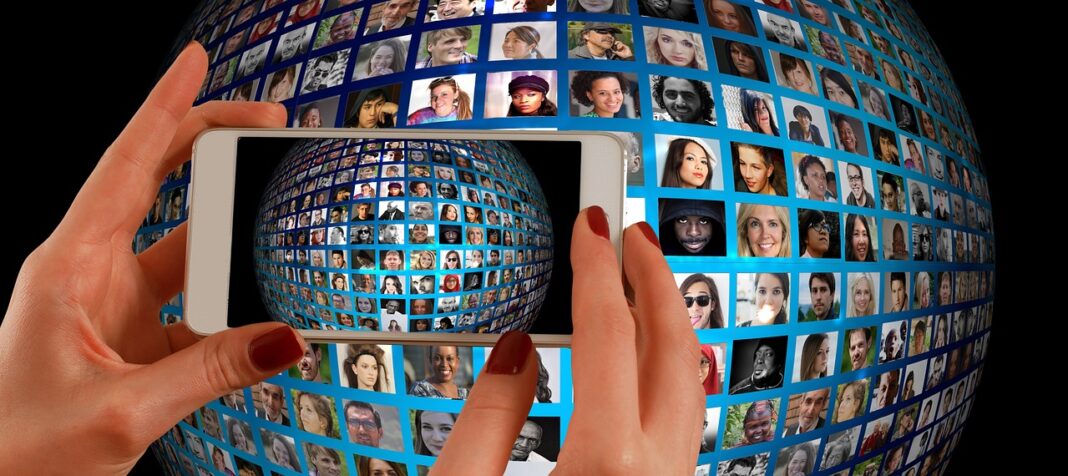Last Edited: January 22, 2018
Converting from traditional ways of teaching to teaching as applying the science of teaching-learning can be difficult. The science of teaching-learning addresses the issue of teaching from a learners’ view of learning.
The conversion itself is simple, but a hard adjustment for some people. Conversion requires shifting from various forms of guessing what and how to teach (a) lessons today to relying on data others have reported in experimental behavioral and sociological studies of teaching and learning.
Even reading that last sentence requires adjusting to an unfamiliar sequence of familiar words.
Even converting short lessons has more strict requirements. The first requirement is to use a learners’ view of learning, not the teacher’s, principal’s, or someone else’s’ view of teaching, learning, and a lesson. This shift is more than exchanging the word learner for teacher and then continuing to do what teachers generally do.
Perhaps this little exercise will bridge the gap between converting and not converting. Ask yourself these questions about a class or PD session you attended.
- To what did you first attend in the session?
- Why did you choose to attend to it?
- How did you use that choice during the lesson/session?
- How did you use it to learn the lesson?
- How did you know you learned that lesson?
- How is what you learned related to anything else in your life?
- So what that you learned it. What difference did it make for you?
By asking and addressing these questions you have entered into the realm of experimental science examining teaching and learning.
Welcome to science. I hope the links above support your effort to support your students as they try to accelerate, increase, and deepen (AID) learning lessons you instruct.

